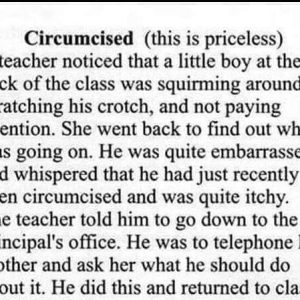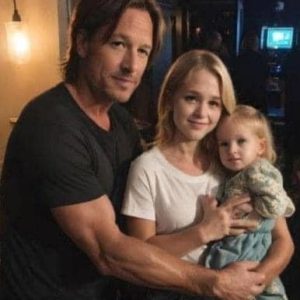When my son Ryan announced that his girlfriend Shelly was pregnant during his senior year of college, I, perhaps skeptically, suggested a DNA test to confirm paternity. Ryan agreed, and the test seemingly confirmed his fatherhood, leading him to support Shelly fully and solidify their relationship into an engagement.
Despite the positive test result, my relationship with Shelly started off rocky and only worsened over time as she began slandering me to our family and friends, ultimately leading to my exclusion from their upcoming wedding. This was painful, but I stood by my integrity, refusing to apologize for allegations I knew were false.
However, two weeks before the wedding, Shelly’s mother, Jen, delivered staggering news over the phone. She urged the cancellation of the wedding, revealing that the paternity test might have been falsified by her ex-husband, Shelly’s father. This bombshell prompted a retest, which uncovered the truth: Shelly had been unfaithful, and Ryan was not the father.
The revelation shattered Ryan and ended his relationship with Shelly, who had manipulated the situation to secure a stable future for herself. As our family grappled with the deceit, Jen and I found an unexpected alliance, bonding over our mutual desire to support our children through this ordeal.
The aftermath was challenging, but it offered a crucial period of reflection and growth. Ryan emerged from the experience more aware of his values and the complexities of trust. For our family, it was a painful but ultimately strengthening experience, reinforcing our unity and resilience.





